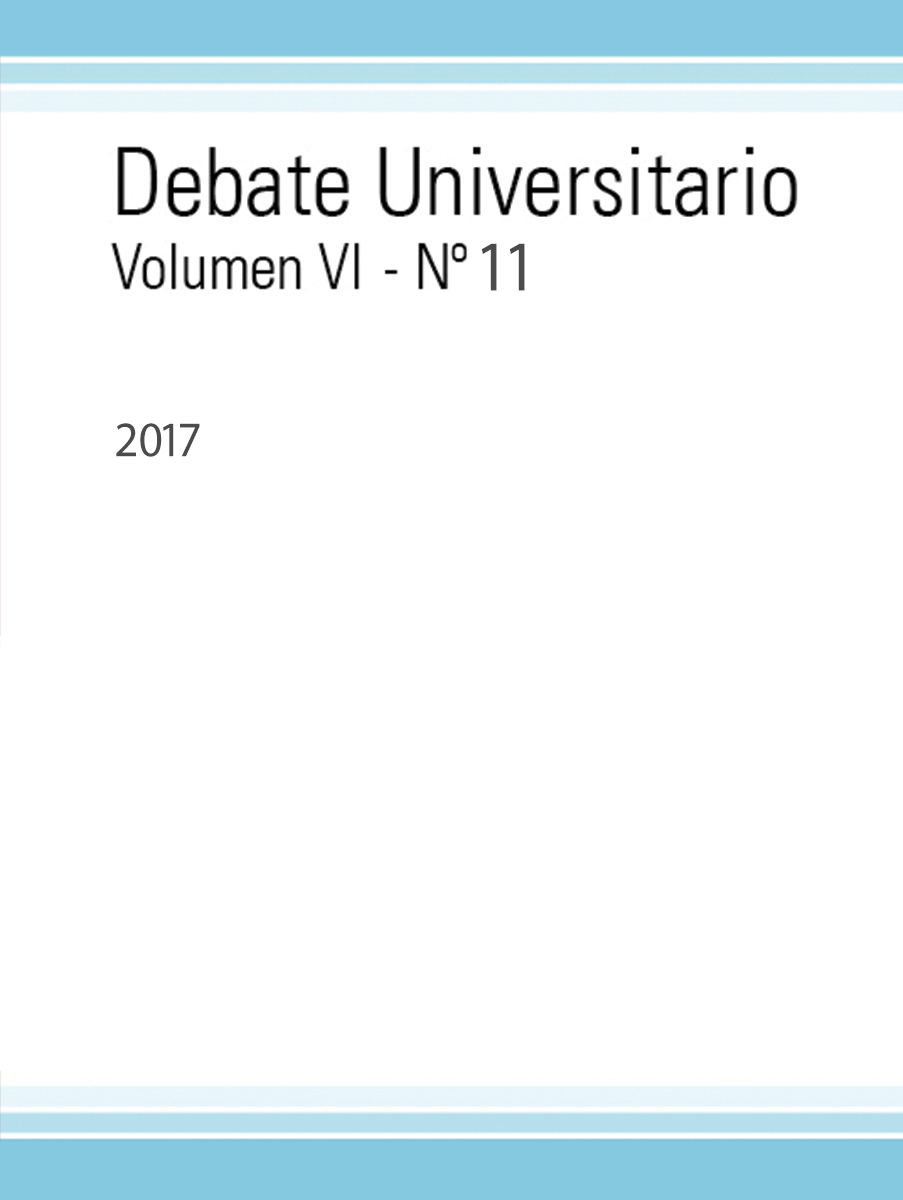Enfoques alternativos sobre la internacionalización del curriculum
DOI:
https://doi.org/10.59471/debate2017101Palabras clave:
Internacionalización del curriculum, Disciplinas, Multiculturalismo, Globalización, Proceso de BoloniaResumen
La internacionalización del curriculum es una de las cuestiones mencionadas de modo recurrente en los estudios y en las declaraciones sobre políticas y estrategias de internacionalización de la educación superior, El objetivo de este trabajo es presentar y discutir algunas de las perspectivas a menudo insuficientemente consideradas en los estudios sobre ese proceso. Para ello se parte de un marco de definiciones básicas acerca de la internacionalización de la educación superior y acerca del curriculum, tomadas del campo de los estudios sobre internacionalización universitaria. A partir de allí, se discute la visión predominante sobre la internacionalización del curriculum, de acuerdo con la cual misma es la culminación –el punto de llegada– de un proceso llevado a cabo por una institución. A lo largo de este trabajo se presentan perspectivas alternativas, que muestran que la internacionalización del curriculum tiene alcances y lógicas que el enfoque dominante no registra adecuadamente. Se destaca su importancia a través de las disciplinas, y se muestra cómo los cuestionamientos ideológicos sobre el curriculum vigente –sea bajo la orientación multicultural, sea bajo el imperativo de la globalización– introducen presiones para modificarlo. Finalmente, se reseña el proceso de Bologna, en el que las tendencias hacia la internacionalización del curriculum no se originan ni en las disciplinas ni en las instituciones ni provienen de conflictos ideológicos sobre el curriculum deseable, sino que provienen de una iniciativa supranacional
Descargas
Descargas
Publicado
Número
Sección
Licencia
Derechos de autor 2017 Lucas Luchilo (Autor/a)

Esta obra está bajo una licencia internacional Creative Commons Atribución 4.0.










